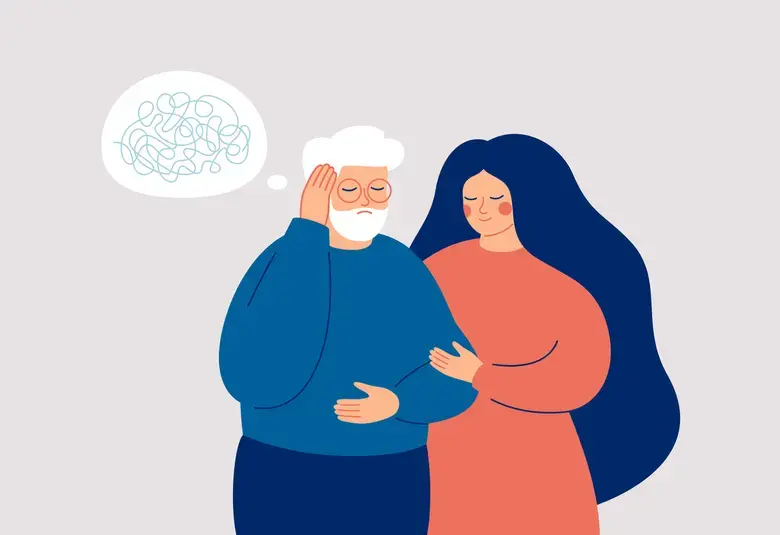In a presentation titled “Covid-19 pandemic: The worst of times and best of times?” at WCP 2021, Professor Pratima Murthy, Bangalore, India, highlighted learnings from the crisis that have led to improvements in mental health services worldwide, and her hope that they will result in more resilient, stronger, more connected and compassionate societies.
Could the Covid-19 lead to better mental health services?
Resilience and social support are critical for enabling people to emerge from the pandemic mentally stronger
The Covid-19 pandemic has threatened and continues to threaten physical and mental health and socioeconomic well-being globally; and everybody has been affected in one way or another, said Professor Murthy.
The experience has led to a focus on improving mental health services and changes in mental health service provision worldwide, tailored to local contexts as necessary.
Resilience and social support are critical to enable people to emerge from the pandemic mentally stronger, said Professor Murthy. In addition, effective communication and psychological services, and provision of care for marginalized communities are essential to reduce mental health morbidity.1
Pragmatic approaches improving mental health services
An expansion of telemental health services and new mechanisms for delivering medications have improved access to and delivery of mental health services
Pragmatic approaches have improved mental health services during the Covid-19 pandemic, said Professor Murthy. These have included:
- Innovation and creative thinking to scale up treatment
- Encouraging communities to support and check on each other, to recognize when a person is distressed, and to reach out to people who are isolated
- Telemental health services improving access to mental health counselling and virtual psychiatric services
- Developing mechanisms for referral and delivery of essential medications, including psychiatric medicines2
Positive aspects on well-being
Covid-19 has resulted in positive systemic changes to health services
Professor Murthy highlighted a survey of people in Poland that has demonstrated positive aspects on well-being resulting from the pandemic, for instance, respondents were re-evaluating their lives and priorities and strengthening social capital, developing new skills and new knowledge, and spending more quality time with their families.3
Systemic changes to improve health services for better management of further pandemics and environmental benefits were other positive aspects identified by the study.3
The pandemic has also led to positive innovations in health services, such as contact tracing, community engagement, infection prevention, information and communication technologies, and policies and incentive frameworks to stimulate creativity and entrepreneurship.4
Resilience can reduce the mental health effects of Covid-19
The importance of resilience
Resilience — which may reflect an interaction between internal factors, such as an individual’s cognitive capacity, stress response, personality traits, and physical health, and external factors, such as social status and financial stability5 — is important to reduce the mental health effects of Covid-19, concluded Professor Murthy. She suggested meditative practices, such as the Bhagavad Gita and yoga to help promote resilience.
Our correspondent’s highlights from the symposium are meant as a fair representation of the scientific content presented. The views and opinions expressed on this page do not necessarily reflect those of Lundbeck.




